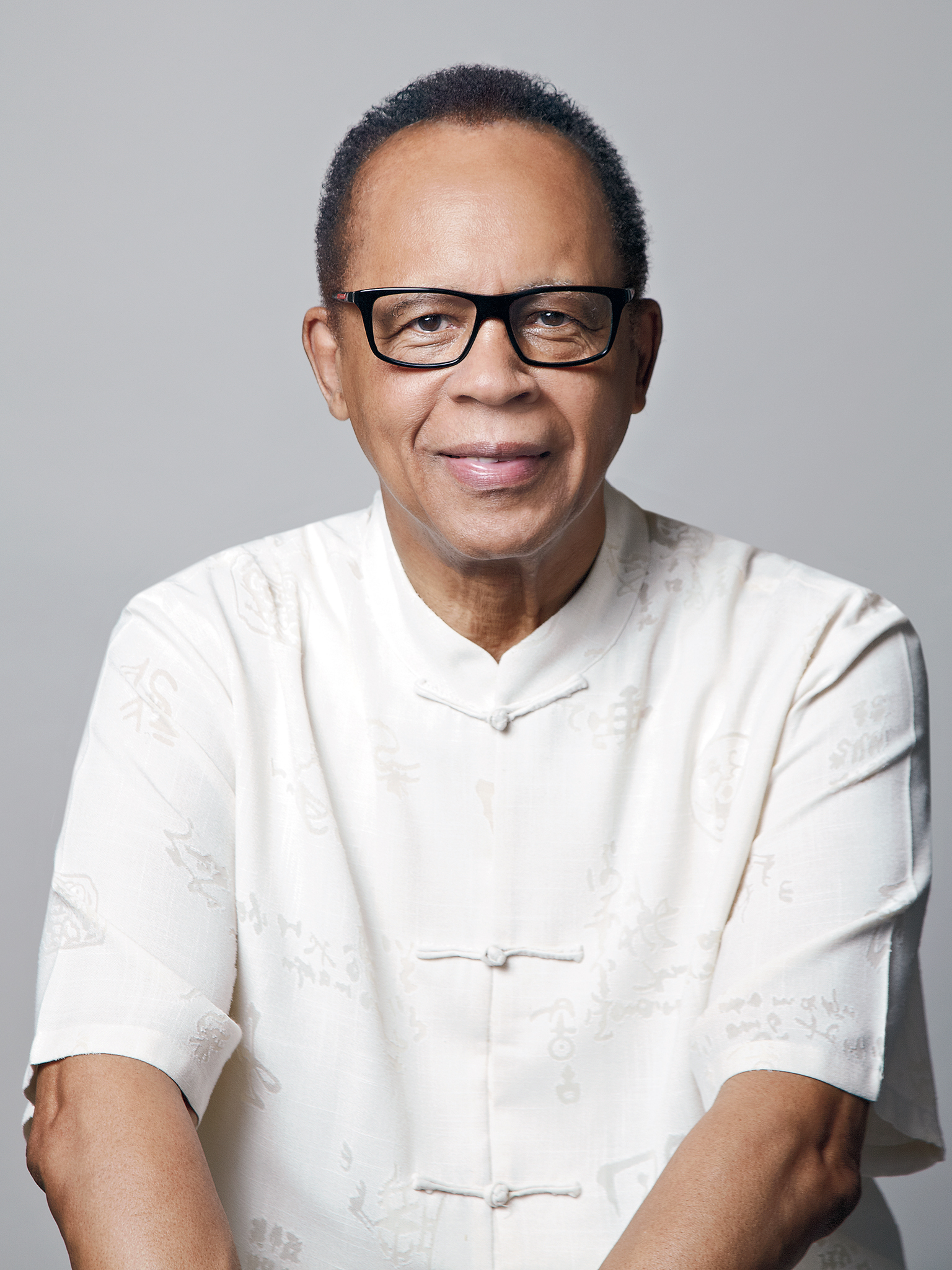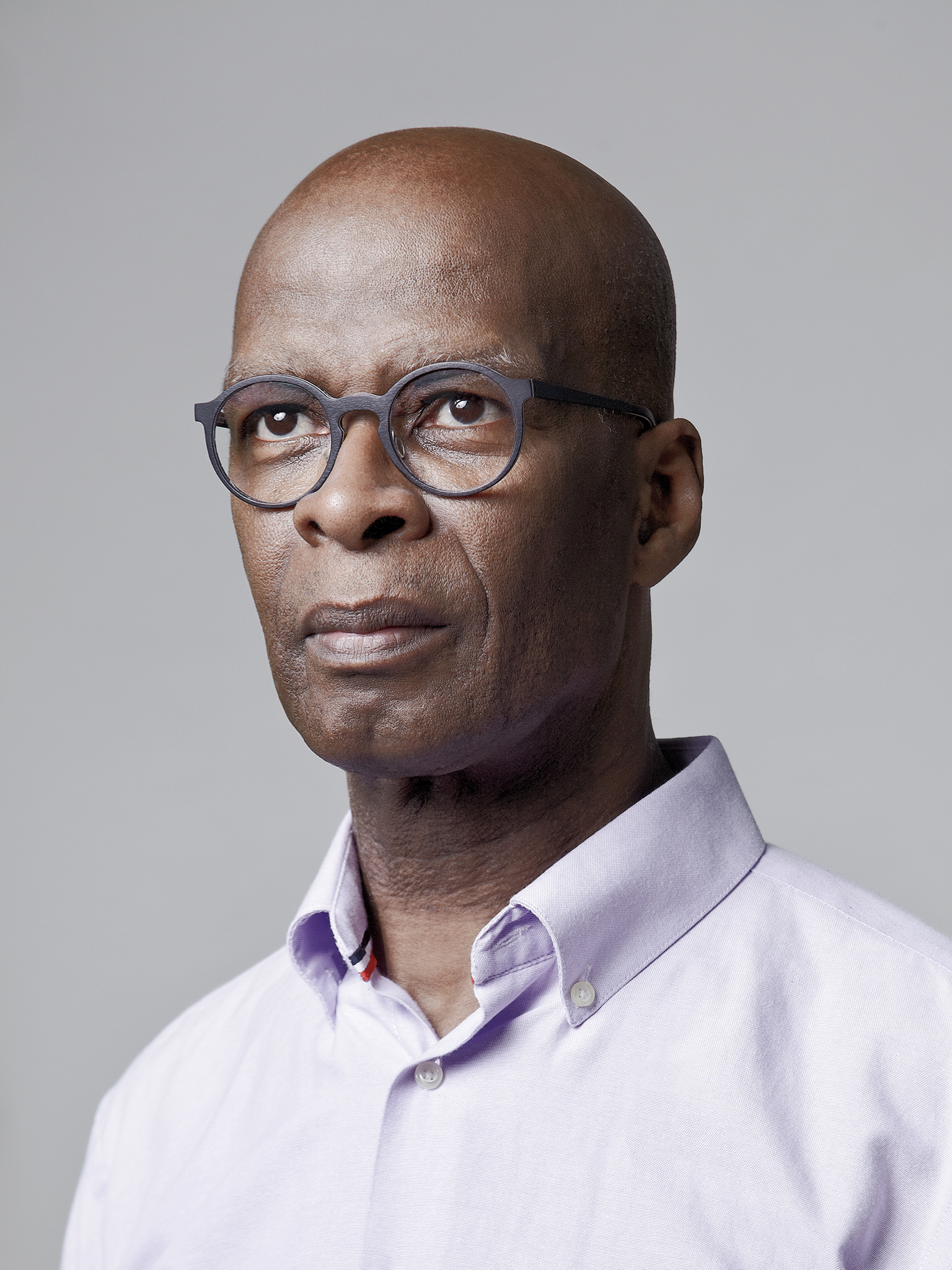Equity Disparity
by Neil Armstrong
photography by Sofie Kirk
When anti-racism Black Lives Matter protests erupted in major cities across the U.S. earlier this year, some Canadian pundits dismissed the possibility of the same thing happening in this country, declaring that the system of racism that endures south of the border just doesn’t exist here. But Lorne Foster (BA ’76, MA ’79, PhD ’84), a professor of human rights and public policy at York University, has news for them: Oh yes it does.
Not only does systemic racism exist in Canada, it often lies hidden beneath a veneer of normalcy, allowing for discriminatory practices in all sectors of society to continue unchecked for years. This isn’t just a perception. It is fact. And Foster would know.
 As the director of the Institute for Social Research at York University, the country’s largest statistical and survey research facility, Foster has for years been collecting data that prove beyond a doubt that inequities do exist in Canada, particularly with regard to Blacks and other people of colour. The 2016 research he did on traffic-stop violations in Ottawa, for instance, firmly established a pattern of racial profiling that police in the nation’s capital have since taken steps to rectify.
As the director of the Institute for Social Research at York University, the country’s largest statistical and survey research facility, Foster has for years been collecting data that prove beyond a doubt that inequities do exist in Canada, particularly with regard to Blacks and other people of colour. The 2016 research he did on traffic-stop violations in Ottawa, for instance, firmly established a pattern of racial profiling that police in the nation’s capital have since taken steps to rectify.
The dominant cultural narrative defines Canada as a non-racist or post-racial society. Yet disparities continue to exist unabated in education, child services, criminal justice and the workplace
But even when they’re confronted with statistics, it is still difficult for some people to admit that Canada just might have a discrimination problem. The country’s belief in itself as a progressive and social justice–minded nation, a reputation often bolstered by comparisons to its neighbour to the south, has something to do with that. But Foster, who concerns himself with the facts, can see through the myth. “The dominant cultural narrative defines Canada as a non-racist or post-racial society,” he says. “Yet disparities continue to exist unabated in education, child services, criminal justice and the workplace.”
To drive the point home, Foster recently launched the Blackness in Canada project, a three-year initiative unique to York University and the first nationally focused research project of its kind. The aim is to uncover what it means to be Black in Canada by focusing on Black people’s actual lived experiences in such areas as education, child welfare, criminal justice and the labour market. Information about those experiences will be obtained by means of a pioneering research approach combining traditional survey techniques with social media tools like wiki surveys. Where traditional surveys present questions from researchers for people to answer, wiki surveys, on the other hand, allow people to identify the major questions and problems that they want to address, and to present them to others to either confirm, deny or expand on.

This interactive process of information-gathering will enable the Blackness in Canada project to get to the heart of community narratives from Black communities across Canada and, at the same time, build a data foundation allowing for knowledge and critical analysis of one of the most marginalized groups in Canada. “We might not be able to dismantle systemic racism,” Foster says, “but the data will allow us to give better attention to some root causes that we can then address. The hope is to be able to have an effective strategy and plan for moving forward in various sectors. Racial discrimination in Canada is a multi-layered phenomenon that requires a multi-layered approach.”
This project will provide very useful information, especially as we try to understand the education of Black Canadians within our education system
This is good news to other scholars for whom the Blackness in Canada project represents a chance to identify previously hidden dimensions of the Black experience in their own fields of study.
“This project will provide very useful information, especially as we try to understand the education of Black Canadians within our education system,” says Carl James, the Jean Augustine Chair in Education, Community & Diaspora at York University’s Faculty of Education. In August, James was also appointed to the role of Senior Advisor on Equity and Representation to the University, as part of the Division of Equity, People and Culture (EPC). In this newly created role, Professor James will work closely with Vice President of EPC Sheila Cote-Meek to support the advancement of equity, diversity and inclusion throughout the University.
One of the measures James has already introduced using data from the Blackness in Canada project is a road map for Black parents to navigate racial issues in the classroom. “Qualitative data such as the project will provide will enable us to see how education could become a foundation for social life and all sorts of other experiences that might come later in life. This will be very useful information for all of us on which to build.”

Adds Karen Flynn (PhD ’03), an alumna of York University who is today an associate professor in the Departments of Gender & Women’s and African–American Studies at the University of Illinois at Urbana-Champaign, “This project is significant because its national scope allows us to examine the specificity of the Black experience geographically. I hope the project will be inclusive of Black people’s differences – gender, sexuality, class, age, disability and other factors that intersect with race.”
To date, the Blackness in Canada project has secured the involvement of participating organizations in Alberta, Quebec and New Brunswick, in addition to those already in place in the project’s home base of Ontario. Some of these networks came on board following a public policy launch held in Toronto in February to tease out some important areas of investigation for Black communities across Canada. “We want to embed more equity in society,” Foster says. “If we can do that even a little bit, then I think that I could call our project a success.”
But societal change, as Foster knows from his experience as a public policy analyst, generally comes slowly and in increments. Data collection is an important first step because it shows where the gaps lie. Facts are facts. They are not pre-drawn conclusions, and neither should they inspire wishful thinking. When applied to the labour market, for instance, data can be used constructively to create routes leading to gainful employment opportunities for Black youth. This can happen when the relevant data are provided to organizations and institutions in pursuit of strategies that critically appraise the root causes of systemic discrimination in the workplace. “Since we know that systemic problems have to be solved systemically, then those kinds of sectors and major institutions in society are a part of the problem, so they have to be a part of the solution,” Foster says.
It was pressure from Black graduate students at York several years ago that led to the creation of a coherent program of study
The Black Canadian Studies Certificate Program, also at York University, similarly takes a multi-layered approach to questions of racial identity within Canadian society. Launched a few years ago by the Department of Humanities, it is the brainchild of Andrea Davis (MA ’91, PhD ’02) and Leslie Sanders, York professors who encourage an integrated examination of people of African descent in the Americas. Much of the interdisciplinary program foregrounds the Black Canadian experience in areas such as history, literature, theatre and music.
“Until now, Black Studies has been virtually absent from Canadian universities but for occasional unconnected courses, and only in some places,” says Sanders, who has published widely on the works of Black American poet Langston Hughes and on such Black Canadian writers as Austin Clarke, Dionne Brand and Djanet Sears. “It was pressure from Black graduate students at York several years ago that led to the creation of a coherent program of study.”
To Foster, the timing makes sense. Like York’s Black Studies Certificate Program, his research project is happening at what seems to be a propitious moment in the history of Blacks in Canada and around the world. The launch in 2015 of the International Decade for People of African Descent, combined with the explosion of anti-racism protests in the midst of the coronavirus pandemic, has forcefully pushed ideas about the Black experience to the forefront of cultural awareness. Much of the ensuing conversation revolves around slavery and racial servitude, historical practices believed to have contributed to many of the economic, cultural and social disadvantages experienced by Blacks today. Slavery and its attendant evils have created long-standing intergenerational trauma that no amount of data-gathering will easily erase. Yet current events have created a moment in time when change just might happen, given the right circumstances.
“It’s not a slam dunk that this convergence is actually going to take us to where we would like to go,” Foster says. “But I think that it has given us an excellent opportunity to move the needle toward a more equitable and democratic society in Canada. I’m hopeful that we can do that.” ■